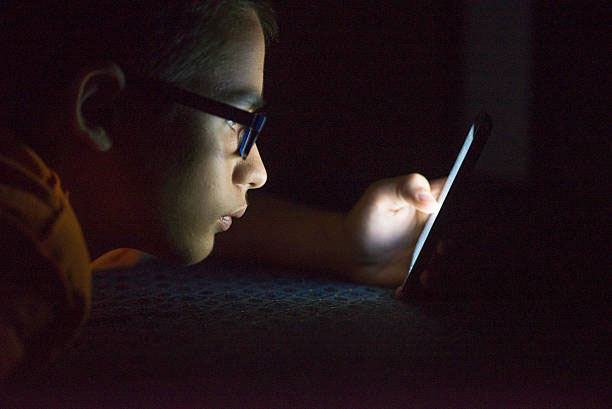
A Happy Medium
There is no magic number of hours when it comes to how much is too much with smartphone screen time. If you think you are spending too much time on your flip phone or smartphone, don’t fret. Remember: 93.7% of people with smartphones do not have SMA. And even if you are a little addicted to your pocket tech, there are worse things in life to form habits around.
Ferguson says folks who are struggling emotionally are most vulnerable to SMA. “The standard Facebook thing where you share your vacation photos is fine,” he says about social media. “It’s more so when you begin to think other people’s lives are better than yours, they are prettier or more handsome, that’s when it begins to be a problem. But those issues were probably there before social media.” Ferguson goes on to say while SMA is real, it is not as severe as other addictions. “[Smartphones] are not addictive in the same way methamphetamines are addictive or cocaine is addictive,” says Ferguson. “It’s like pizza—sometimes we eat too much of it and that’s not good.”
If you think you are spending too much time on your phone, consider putting your phone away two hours before bed or downloading apps like OFFTIME, that help monitor your usage.
Another trick is charging your phone in another room, so you aren’t tempted to engage with it too often. When it comes to social media, you can set your Twitter notifications to see only people that follow you. This will eliminate the urge to over-engage and protect you from internet trolls who may bait you into stressful dialogue which can lead to prolonged screen time and emotional distress.
“This is a complicated issue. It’s not as though if you spend too much time on your phone, your brain will fry and you will become addicted,” says Chris Ferguson Ph.D., professor of psychology at Stetson University located in Central Florida. “There is a lot more to it.”
Smart Phone Addiction: Journals of Clinical Oncology. (2020.) “Structural and functional correlates of smartphone addiction.”